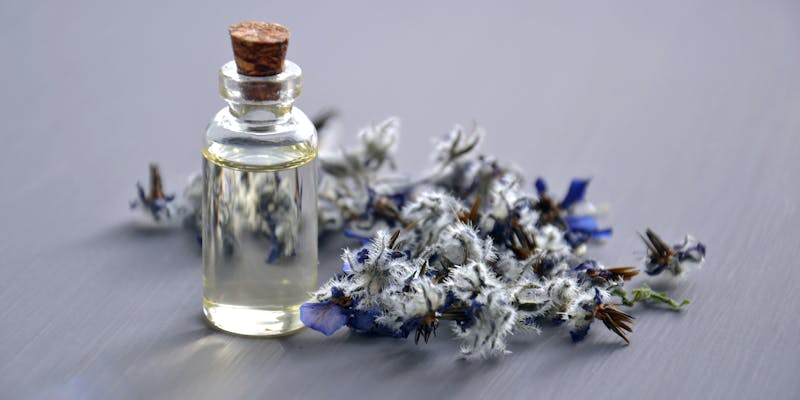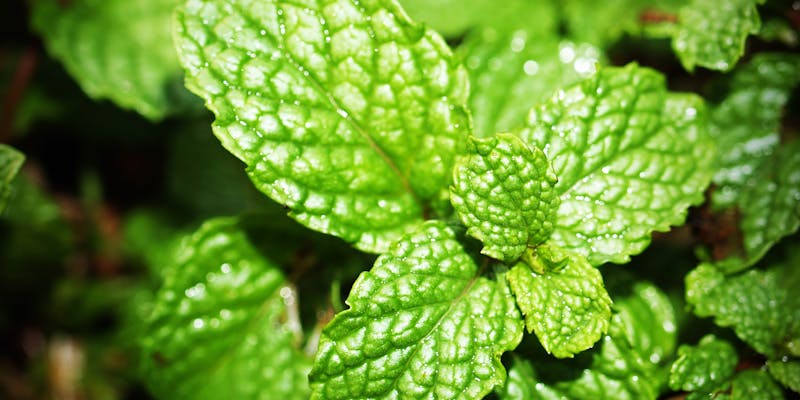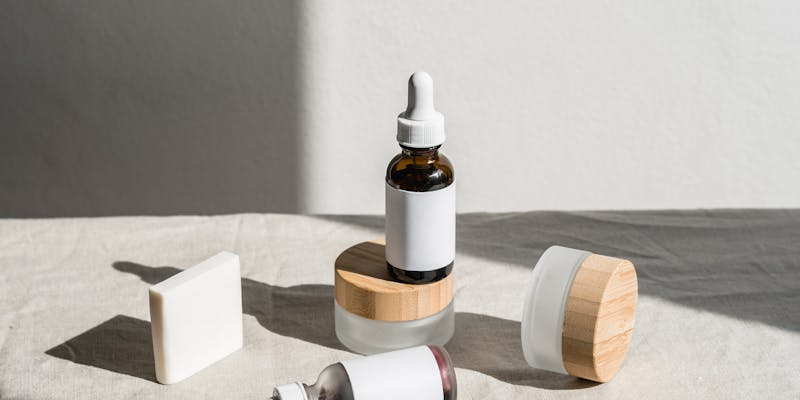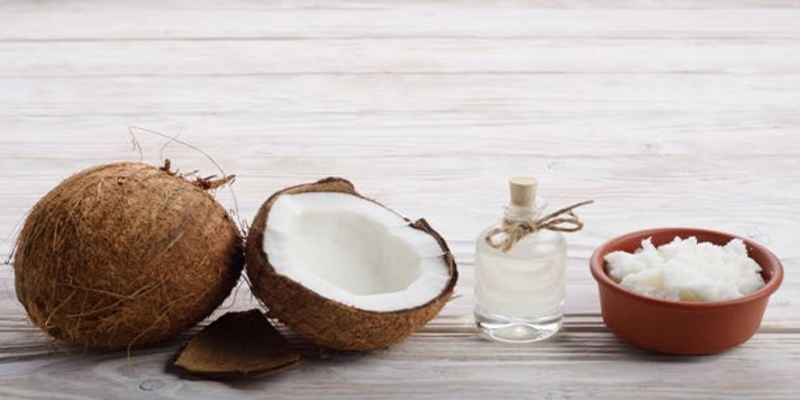Invest in Your Skin: The Definitive Guide to Finding the Right Moisturizer for You
Feb 29, 2024 By Madison Evans
Your skin is your body's largest organ and acts as a protective barrier against the environment. It's imperative to keep it hydrated and healthy. Whether you're battling dryness, oily patches, or looking for an age-defying solution, we’ve sifted through the science and the hype to bring you trustworthy recommendations and tips to ensure that your skin gets the hydration it needs, tailored just for you.
Understanding Your Skin Type:
Before we dive into how to find the right moisturizer, it's essential to understand your skin type. Knowing whether your skin is dry, oily, combination, or normal will help you choose the best product for your unique needs. Here are some quick ways to determine your skin type:
- Dry Skin: If you often experience flaking, tightness, and rough patches, you likely have dry skin. Your pores are barely visible, and your complexion can appear dull.
- Oily Skin: Shiny all over? You probably have oily skin. Excess sebum production causes greasy-looking skin, enlarged pores, and a tendency to breakouts.
- Combination Skin: As the name suggests, combination skin is mix of both dry and oily. You may have an oily T-zone (forehead, nose, and chin) while the rest of your face is dry.
- Normal Skin: If you're lucky enough to have balanced skin with no significant concerns, you likely fall under this category. Your pores are barely visible, and your complexion is generally even.
Now that you've identified your skin type let's talk about the essential elements to consider when choosing a moisturizer.
The Role of Humectants, Emollients, and Occlusives:

Humectants, emollients, and occlusives work together to provide optimal hydration for your skin. Humectants draw in moisture, emollients seal it in, and occlusives prevent it from evaporating. A well-formulated moisturizer should have a balance of all three components.
Explanation of how these ingredients work:
- Humectants: These ingredients attract water molecules from the surrounding environment and deliver them to your skin cells, keeping it hydrated.
- Emollients: These substances fill in the gaps between skin cells, creating a smooth surface and preventing moisture loss.
- Occlusives: These ingredients create a protective layer on top of the skin, trapping moisture and preventing it from evaporating.
Moisturizer Formulas:
Now that you understand the role of each ingredient let's look at some common moisturizer formulas and who they're best suited for.
- Cream: Thicker and more emollient than lotions, creams work well for dry skin as they provide a more significant barrier to lock in moisture.
- Gel: Due to their lightweight and water-based formula, gels are suitable for oily skin types as they won't add any additional oil or heaviness to the skin.
- Oil: These formulations work best for those with severely dry skin as the natural oils help replenish and restore the skin's moisture barrier.
Pros and cons based on your skin’s needs:
Each of these moisturizer formulas has its pros and cons, depending on your skin's specific needs. For example, a cream may be too heavy for someone with oily skin, but it can work wonders for someone with dry skin. Gels may not provide enough hydration for those with severely dry skin, but they can be perfect for those who are prone to breakouts. It's essential to consider your skin type and concerns when choosing a moisturizer formula.
Specialty Moisturizers and Serums:
In addition to traditional moisturizers, there are also specialty moisturizers and serums available in the market that target specific skin concerns. These can include anti-aging, brightening, or acne-fighting properties. While these products can be beneficial for targeting specific issues, it's essential not to overload your skin with too many active ingredients.
Tips for incorporating specialty moisturizers and serums into your routine:
- Patch test: Before incorporating a new product into your skincare routine, always patch test to ensure that you don't have any adverse reactions.
- Introduce one at a time: Avoid introducing multiple new products at once. Instead, add them in one by one to see how your skin responds.
- Consider layering: Specialty moisturizers and serums can be layered with your regular moisturizer to provide extra hydration and targeted benefits.
The Impact of Climate and Environment:

The environment and climate can also play a significant role in your skin's hydration levels. For example, cold weather and low humidity can dry out your skin, while hot and humid weather can lead to excess oil production.
Tips for adjusting your moisturizer routine according to the climate:
- Switch up formulas: Depending on the season, you may need to switch up your moisturizer formula to one that better suits the weather. For example, using a lighter gel in hot and humid climates.
- Add layers: In extreme weather conditions, you may need to add additional layers of moisturizers or serums to provide extra hydration and protection for your skin.
Building a Skincare Routine:
Finding the right moisturizer is only one step in building a well-rounded skincare routine. Along with moisturizing, cleansing, exfoliating, and protecting your skin from the sun are all crucial components to maintaining healthy and hydrated skin.
Tips for building an effective skincare routine:
- Research ingredients: Look for products with beneficial ingredients for your specific skin type and concerns.
- Be consistent: Consistency is key when it comes to skincare. Stick to a routine and give your skin time to adjust before expecting results.
- Don't forget SPF: Protecting your skin from the sun is crucial for maintaining healthy, hydrated skin. Make sure to use sunscreen as part of your daily routine.
Overall, choosing the right moisturizer for your skin type and addressing any specific concerns is essential for maintaining optimal hydration levels.
Conclusion:
Understanding your skin type and choosing a moisturizer with the appropriate formula is crucial for maintaining healthy and hydrated skin. Consider the role of humectants, emollients, and occlusives, as well as the impact of climate and environment when selecting a moisturizer. Don't be afraid to incorporate specialty products but remember to patch test before adding them to your routine and to be consistent with your skincare regimen. With the right moisturizer and a well-rounded skincare routine, you can achieve healthy, glowing skin.

What Are The Signs Of A Slowed Heart Rate?

Discover Partial Hemianopia: What, Why, and How

An Art of Skin Pampering: Lavender's Luxurious Touch on Your Skin

Exploring the Mechanisms of Magnesium Citrate and its Effects on Body

Migraine Relief Through Yoga: What You Need to Know

Marvelous Menthol: Revealing Heroic Essence of Its Purifying Powers

Glycolic Acid and Retinol: Is It Safe To Use Them Together?


